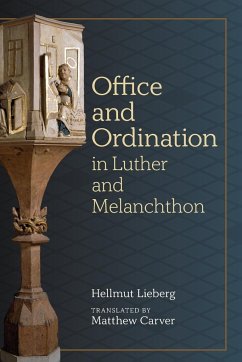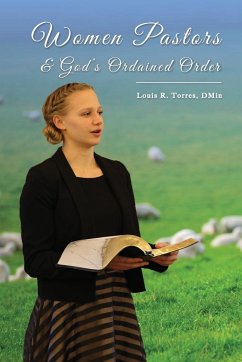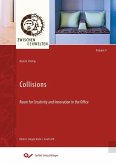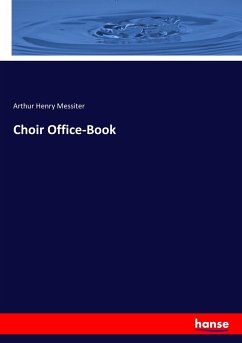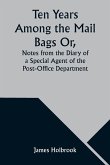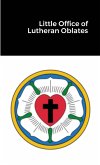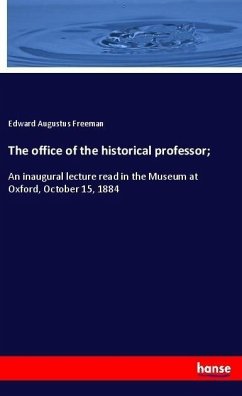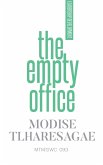Martin Luther and Philip Melanchthon worked hard to institute reforms in the church during the Reformation. As they continued their work, many questions about the Office of the Ministry arose. Who could perform ministerial functions such as hearing confession, baptizing, and distributing the Sacrament? Who could call a man into the Office of the Ministry? Most important: did those Evangelical priests who had been ordained have the power to ordain others? Dig into a thorough examination by Rev. Dr. Lieberg of multiple source documents, including Luther's Concerning the Ministry (1523). An examination of Melanchthon is also included, with an extensive look at the dispute surrounding the ordination of Johann Freder (ca. 1555). See what lies behind the Lutheran Confessions' language on the doctrine of the ministry, particularly the Augsburg Confession, the Apology, and the Treatise on the Power and Primacy of the Pope.
Hinweis: Dieser Artikel kann nur an eine deutsche Lieferadresse ausgeliefert werden.
Hinweis: Dieser Artikel kann nur an eine deutsche Lieferadresse ausgeliefert werden.

